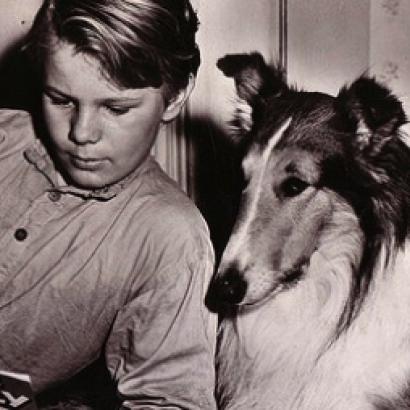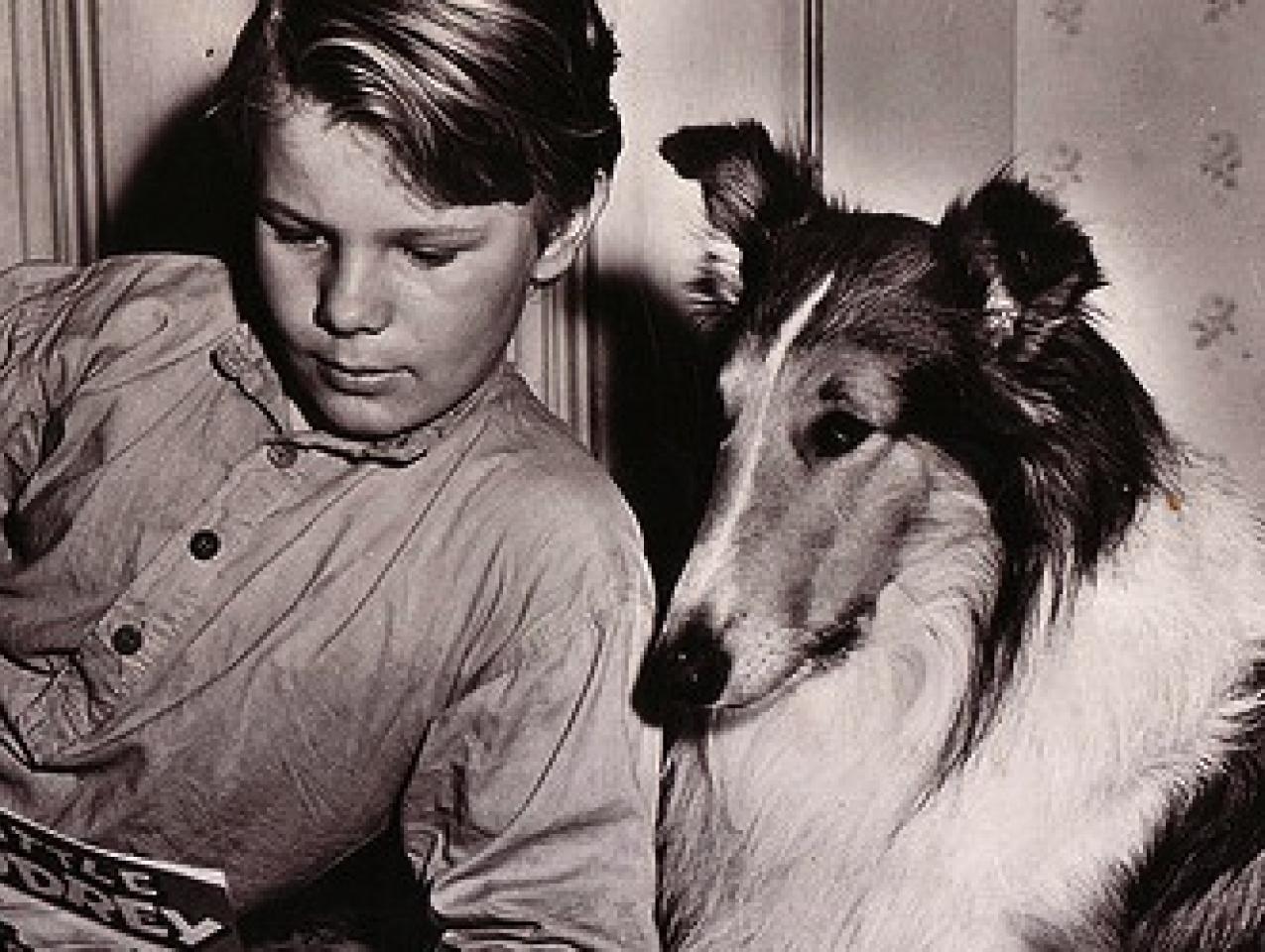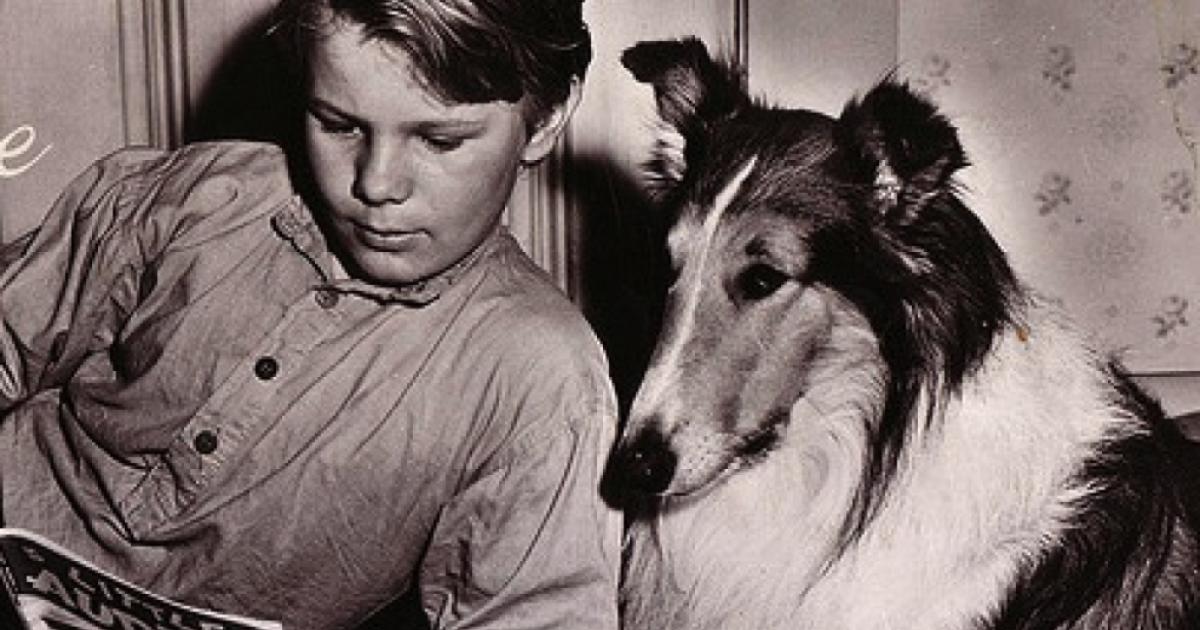- Law & Policy
- Civil Rights & Race
Book review of Loyalty: The Vexing Virtue by Eric Felten (New York: Simon & Schuster, 2011. 309 pages).
Eric Felten, an entertaining man who has written on the making of cocktails, has produced a book on the virtue of loyalty. It is a serious book, though not conveyed in the spirit of the classroom, but as if it were introduced and accompanied by one or more of his well-conceived drinks. If only the philosophy professors could relax and submit to the charm of Felten’s book—its nicely balanced arguments and its many examples, both everyday and literary—they might see how much it contributes to the understanding of virtue, particularly modern virtue.

Photo credit: janwillemsen, via flickr
Among the professors today, "virtue ethics" has come to the fore, challenging the normal methods of modern ethics that attempt either to legislate rules of behavior (utilitarians) or to formulate the logic of good will (Kantians). These attempts seek to make virtue clear and determinate, perhaps even quantitatively measurable. Virtue ethics on the other hand returns to Aristotle, though usually without much concern for the niceties and profundities of his text. Rather than concentrating on either virtuous behavior or virtuous motives, it looks out for both; and in both it eschews too much exactness. Virtue ethics describes moral character, the confident habit of the moral person who does not need to calculate or check a rule-book when confronted with a moral demand but who, in the occasional surprise or emergency, human circumstances being changeable as they always have been, may find a frown on his brow and feel vexed. Loyalty, Felten thinks, is the virtue that most often, even usually, vexes this otherwise calm character.
Loyalty is a human attachment to a particular person or thing, and primarily to another person or thing (though one can speak of loyalty to oneself). Being particular, these are "crosswise attachments"; they easily "come into conflict." Some of them, one might add, invite or seek out conflict, as in the phenomenon of partisanship (not sufficiently addressed by Felten), when for example liberals and conservatives actually aim to pick a fight with one another, defining themselves against an opponent. In these cases, conflict is not an accident but by design, and the parties offer themselves as more worthy of loyalty than any other party.
It is pride, not love, that declares satisfaction, causes resentment, and demands loyalty.
Felten first considers loyalty conflicts in the family, the "training ground" where children learn loyalty. Conflicts can occur between family and other claims on one’s loyalty, such as work. Conflict can even occur within the family, where loyalty to one’s children can hinder loyalty to one’s brothers or one’s spouse. When police interrogate criminals, they often seek to exploit family loyalty, sometimes by taking advantage of a parent’s or spouse’s resentment at the disloyalty of the accused. Felten deals handily with the artificial cliché of the Prisoner’s Dilemma, which sets every man against every other in selfish calculation. This trick of sophistry depends on, and therefore encourages, the absence of loyalty either to one’s fellow or the law. It tries to substitute for loyalty cooperation that could be withdrawn at any moment, a so-called rational but hardly reasonable arrangement.
Conflict also arises in one’s loves, as between wife and mistress or husband and lover. Human jealousy is such that even a mistress can resent disloyalty to another mistress, as happened to Tiger Woods when one of his bimbos waxed indignant after hearing about all the others. "The point of love," says Felten, "is not simply to possess…but to be loved in return." Love seeks permanence: "Love’s not Time’s Fool" (this is Shakespeare). But it seems that love seeks what is permanently beautiful or good; love seeks perfection as well as permanence, and permanence as part of perfection.
Here lies the argument on behalf of Tiger Woods: he was seeking true love in the sense of perfection, and everything he actually found made him restless. Our shocked desire to constrain him and his like arises not from love but from the desire to possess what one claims as one’s own. Love by itself is not jealous and cares not whether it is accepted or rejected or shared. Love always seeks something better. If you think about why you love someone, the reason you find—whether for beauty, wisdom, or money—would always justify a continuing, in fact a never-ending, search. Even in the high moments of apparent satisfaction with what you have, you may discover yourself looking over your lover’s shoulder for other prospects. (Men do this more than women, a sex difference in loyalty that Felten does not explore.)
Loyalty, Felten thinks, is the virtue that most often vexes us.
So it is pride, not love, that declares satisfaction, causes resentment, and demands loyalty. Not without reason, Felten disparages the monkish love that claims to be reserved solely for the other world. But even in this world, one can see in the search for love evidence of the divine—or the imagined and invisible at least. The worldliness and the modernity of loyalty, which close down this search and confine it to this worldly world, somewhat escape Felten’s analysis.
Friendship is the next arena of loyalty. A loyal friend is one who stands by you in adversity and not just in prosperity, and when you are wrong, not just when you are right. Thus a loyal friend can be led into complicity or cooperation in crime. Felten reasons that one can lie for a friend in the case of a minor crime, and (citing Aristotle) something not excessively wicked. He also quotes Aristotle’s famous declaration, when disagreeing with his friend and mentor Plato, that he loved truth more than his friend. But this is the philosopher’s overriding loyalty to the truth, which he can share with an equally competent friend; he would not have turned Plato in to the police. Plato for his part would have loved to be refuted, as Socrates said of himself, and particularly by his best student. Loyalty between friends like the rest of us, who do not always seek truth, must be based on a lie or an illusion—can it last? Sooner or later, it would seem, some event will expose the truth that then becomes a cause of disloyalty. No wonder that, under the most severe examination, a loyal friend is one in a thousand, as Felten says.
"Loyalty marketing" is loyalty in the field of commerce, where companies seek to make customers loyal through various inducements. To do so, they engage in "bad epistemic conduct," a term for lying that ethics professors have invented and Felten has fun with. Commerce is inherently opposed to loyalty because anyone devoted to it is always trying to get the best deal and looking eagerly to be disloyal to the deal he has. Disloyalty of this kind has to be restrained by contract, whereas friends never have to put an agreement in writing. Those who remain loyal to a particular brand, such as Coke over Pepsi, are suckers whose good faith is readily exploited by companies whose discounts and sale prices are intended to attract those who are not loyal. The most loyal customer is the one who has the most unquestioning lazy stupidity (no doubt believing it to be confidence in his good taste). Felten quotes the pitcher Don Sutton, who readily played for many teams without consulting his taste: "I’m the most loyal player money can buy." In this he resembles the philosopher Aristotle, the most loyal thinker nothing can buy.
Neither is loyal to anyone but, or more than, himself as a seeker of what he seeks.Last is the field of politics, where loyalty is most demanded and sometimes the least reasonable. No politician wants to tolerate a backstabber, yet ordinary citizens may want to praise and reward him as a whistleblower. Loyalty, Felten remarks shrewdly, is not so much honored in politics (because it is expected) as disloyalty is condemned. Still, as Felten quotes my late, lamented Harvard colleague Judith Shklar, "leadership for better or worse requires loyalty." In politics, as in family, love, friendship, and commerce, loyalty leads to philosophy as what defines it and makes it secure. Yet the philosopher too might exploit his friends for what he can learn from them, since the truth is impartial and no respecter of persons. Or is there some reason why a thinker should be loyal to his fellow man, perhaps out of magnanimity or humanity?
Love seeks perfection as well as permanence, and permanence as part of perfection it.
Felten closes his fine book by considering patriotism and its critics. He is inclined to be wary of those who claim superior conscience in judging their country. He favors flag and ceremony so as to mark and sustain loyalty to one’s country. Country loyalty is not analogous to the partiality of sports fans because the latter must see their team win or lose, but patriots do not have to demean other countries (though they often do so). Jean-Jacques Rousseau, Felten says, was right to argue for patriotism; it is a loyalty necessary to hold a community together, especially a self-governing one that does not rely on fear and awe but needs public spirit. Felten also cites a critic of patriotism, Mark Twain, who said real patriotism demanded that "the citizen think for himself." To do so thoroughly would make that citizen a philosopher-citizen, a philosopher king like Plato’s. A thinking citizen might conclude that human beings have to live in separate, sometimes conflicting countries, and further, that they are human like other humans even though they do not think as well as he.
Aristotle does not list loyalty in his eleven moral virtues. I believe he would have thought that our virtue of loyalty is included in his list as justice, plus piety (also not on his list) as an extra—for piety, though in his view not a virtue, might be in a religious view the basis of all virtue, or in a non-religious view a part of justice. Justice is what reason would understand in relations with other people, and piety adds awe to reason to give it more conviction and effect. For this service, piety makes a small charge against reason. Our virtue of loyalty is ours because it is modern, and insofar as it replaces piety it also makes a small charge. Aristotle’s justice is reasonable because it makes necessary generalizations and yet qualifies them with necessary exceptions. This reason is the highest reason, that of the philosopher who is qualified above all others to make both the laws and the exceptions.
Our loyalty, by contrast, is content with legitimacy as distinct from reason, which means it is content with the judgment of citizens as opposed to philosophers. When Felten discusses political loyalty he shows that it "boils down to a commitment to respect a legitimate process." When a citizen votes, or when an official advises his superior, he must loyally accept the result even if the wrong person or the wrong policy prevails. He must loyally, and for good reason, act against his own reason. Aristotle does not want to act against reason except when it is reasonable to do so as a necessary concession to the unreason of others. The idea of a "legitimate process" that transforms this sort of concession into regular practice would appear to him to put too much faith in institutions such as offices and elections. That, I believe, is why he did not name loyalty as a virtue but instead held to the higher virtue of justice, which justifies loyalty. Loyalty is substitute, ersatz justice that tries to circumvent the difficulties of defining justice but ends up, as Felten shows, with vexations of its own. In this world there is no perfect justice, nor a perfect substitute for it.
















